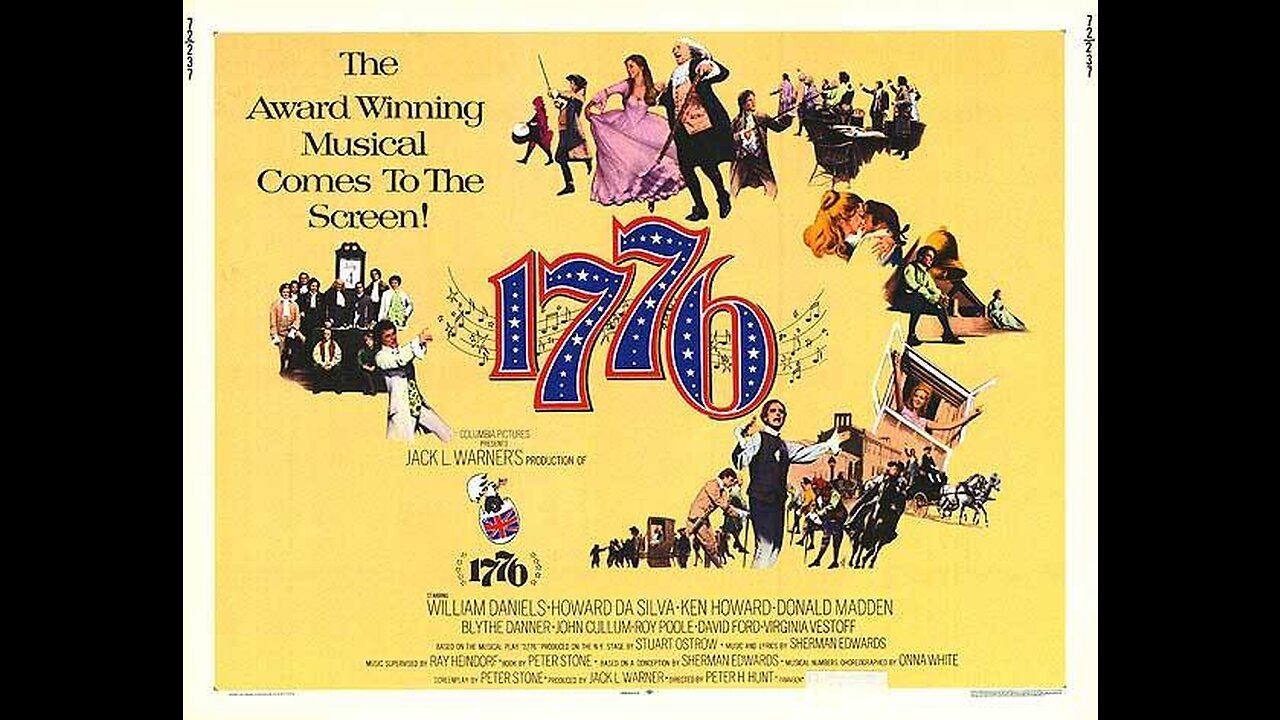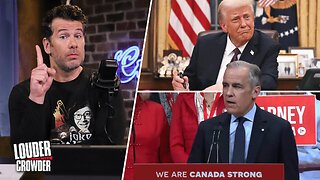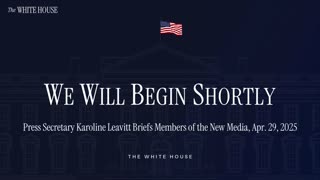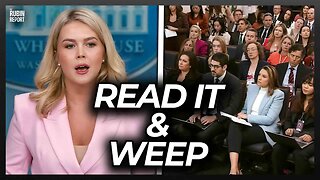Premium Only Content

This musical dramatizes the personalities and events leading to the declaration of Independence.
John Adams, representing Massachusetts in the Second Continental Congress in Philadelphia, laments the body’s refusal to debate his motion to declare the colonies’ independence from Great Britain and instead to discuss more trivial matters. Disliked by most of his fellow Congressmen, he frequently seeks advice and comfort from his wife, Abigail. Benjamin Franklin of Pennsylvania suggests someone else propose the independence resolution. They get Richard Henry Lee of Virginia to agree and he rides home to get authorization from the state legislature to do so.
Lee returns, proposes the resolution and, over the objections of John Dickinson of Pennsylvania, leader of the faction seeking reconciliation with Britain, Congress agrees to debate the question. Caesar Rodney of Delaware, suffering from cancer, leaves during the debate, depriving Adams of Delaware’s vote. Seeking to kill the motion, Dickinson successfully moves that an independence vote be unanimous. To salvage the motion, Adams asks for a postponement to draft a declaration of grievances. President of the Congress, John Hancock, breaks the tie vote in favor of a declaration and appoints Adams, Roger Sherman of Connecticut, Robert Livingston of New York, and Thomas Jefferson of Virginia to a committee to write it. Jefferson, despite his determination to go home to his wife, Martha, reluctantly agrees to be the primary writer. After a full week passes without completing the task, Adams summons Martha, who charms both him and Franklin, to Philadelphia and Jefferson finishes the draft.
To convince Samuel Chase of Maryland to support independence, Adams agrees to accept General George Washington’s invitation to visit the army encampment in New Brunswick, New Jersey, taking Franklin and Chase with him. After the members return to their lodgings, a military courier arrives and sadly tells Andrew McNair, the Congressional custodian, of how his best friend was killed in battle.
The Declaration is read to the full Congress which begins accepting amendments. Jefferson agrees to all changes, but refuses to strike language related to slavery. Edward Rutledge of South Carolina leads the Southern members in walking out in protest just as Chase returns with Maryland’s vote supporting independence. Frustrated at Adams’ haughtiness and refusal to compromise, Franklin tells him to accept the fact that those with opinions contrary to his will be part of their new nation.
On the day of the vote, Adams and Jefferson agree to drop the slavery provision and Rutledge and the other Southern states vote for independence. With Delaware divided, Rodney is brought back to support independence by majority vote of its three representatives. Eventually, all states, except divided Pennsylvania and New York, whose remaining representative, Lewis Morris, has abstained throughout the proceedings, vote for independence. Franklin moves that his delegation be polled: he votes for independence and Dickinson votes against it, leaving the question up to James Wilson. Not wanting to be remembered as the sole representative who opposed American independence, he votes in favor. Dickinson resigns from Congress and vows to join the army to support the fight against the British, even though he believes it to be futile.
As the members prepare to sign the Declaration of Independence on July 4, 1776, Morris receives word that his estate has been destroyed and his family moved to safety. Despite not being authorized, he signs anyway. As McNair tolls the building’s bell, one member per state signs, establishing the United States of America.
-
 LIVE
LIVE
Right Side Broadcasting Network
5 days agoLIVE: President Trump Holds a Rally Celebrating his First 100 Days in Warren, MI - 4/29/25
2,858 watching -
 LIVE
LIVE
Steven Crowder
2 hours ago🔴 Why Canada's Election Results Are A Golden Opportunity For Trump, America & Alberta
33,454 watching -
 LIVE
LIVE
The White House
1 hour agoPress Secretary Karoline Leavitt Briefs Members of the New Media, Apr. 29, 2025
1,637 watching -
 LIVE
LIVE
The Rubin Report
1 hour agoPress Gasps When Told Trump’s Executive Order for Sanctuary Cities
4,195 watching -
 LIVE
LIVE
Flyover Conservatives
11 hours agoThe Future of AI: The Good, The Bad, The Ugly - Marc Beckman | FOC Show
105 watching -
 LIVE
LIVE
The Shannon Joy Show
1 hour ago🔥🔥Doctors Of Death. The Transformation Of America’s Health System Into A Death System Post COVID - With Special Guest Dr. Clayton Baker🔥🔥
525 watching -
 DVR
DVR
Bannons War Room
2 months agoWarRoom Live
14.5M3.95K -
 LIVE
LIVE
The Mel K Show
1 hour agoMORNINGS WITH MEL K - 4/29/25 Canada Chooses Globalism, Lack of Accountability is Allowing Chaos, Americans Wide Awake
489 watching -
 LIVE
LIVE
BitLab Academy
1 hour agoEthereum Mega Pump Loading? Bitcoin Price Targets | Altcoin Super cycle?
193 watching -
 LIVE
LIVE
LFA TV
15 hours agoALL DAY LIVE STREAM - TUESDAY 4/29/25
3,487 watching